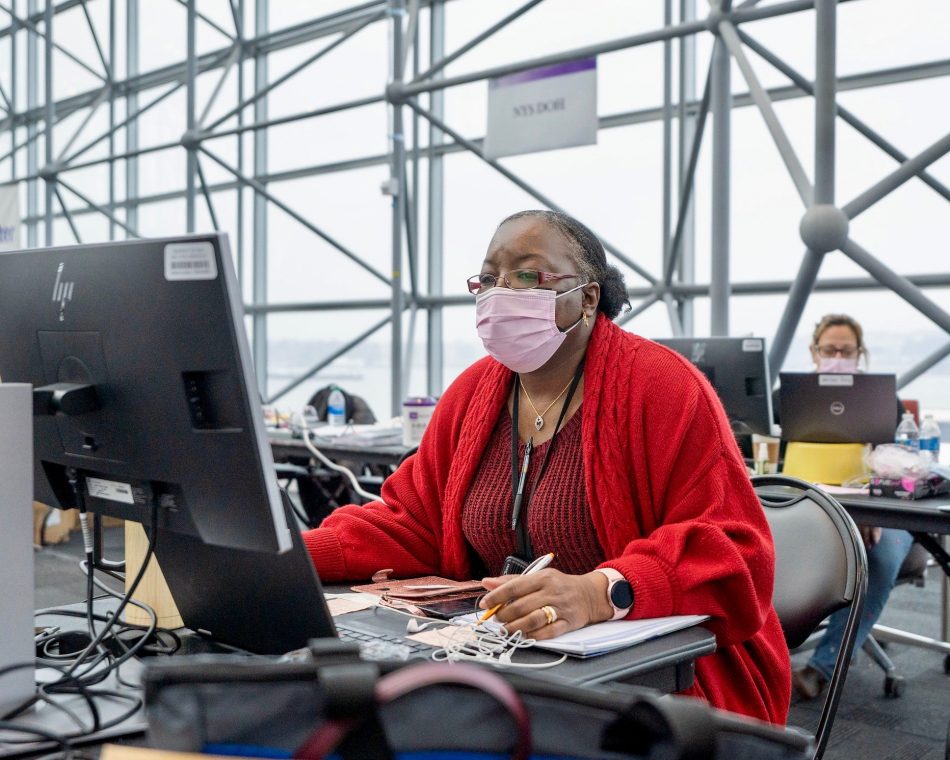Government efforts to fight the coronavirus pandemic include just one woman for every three men on average around the world, according to new research on Monday from the United Nations Development Program, which urged more gender equality in the decision-making.
Women comprised just 24% of the 225 coronavirus task forces tallied among 137 nations; women were entirely excluded from 26 task forces. The data for UNDP's COVID-19 Global Gender Response Tracker policy tool also involved U.N. Women and University of Pittsburgh's Gender Inequality Research Lab, or GIRL.







